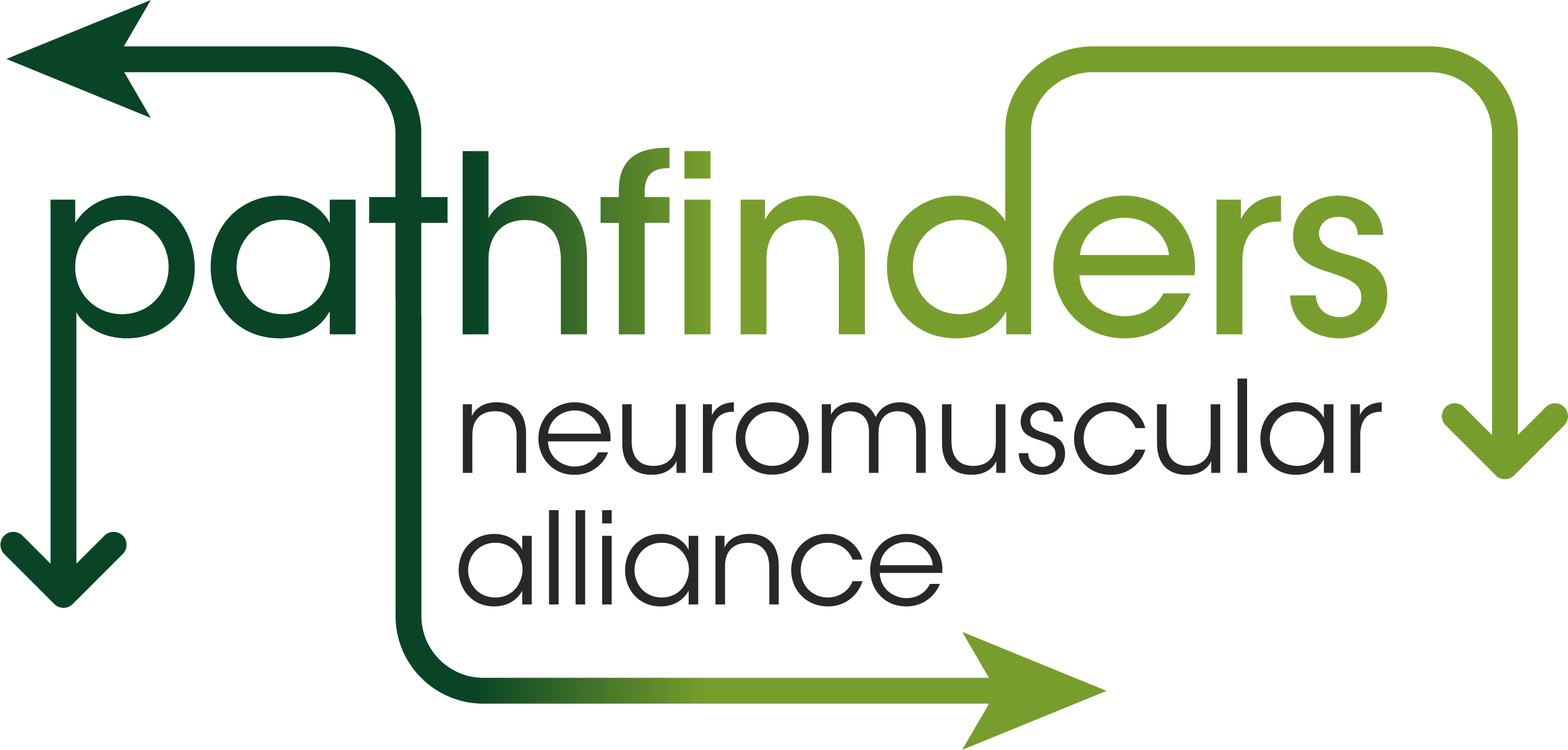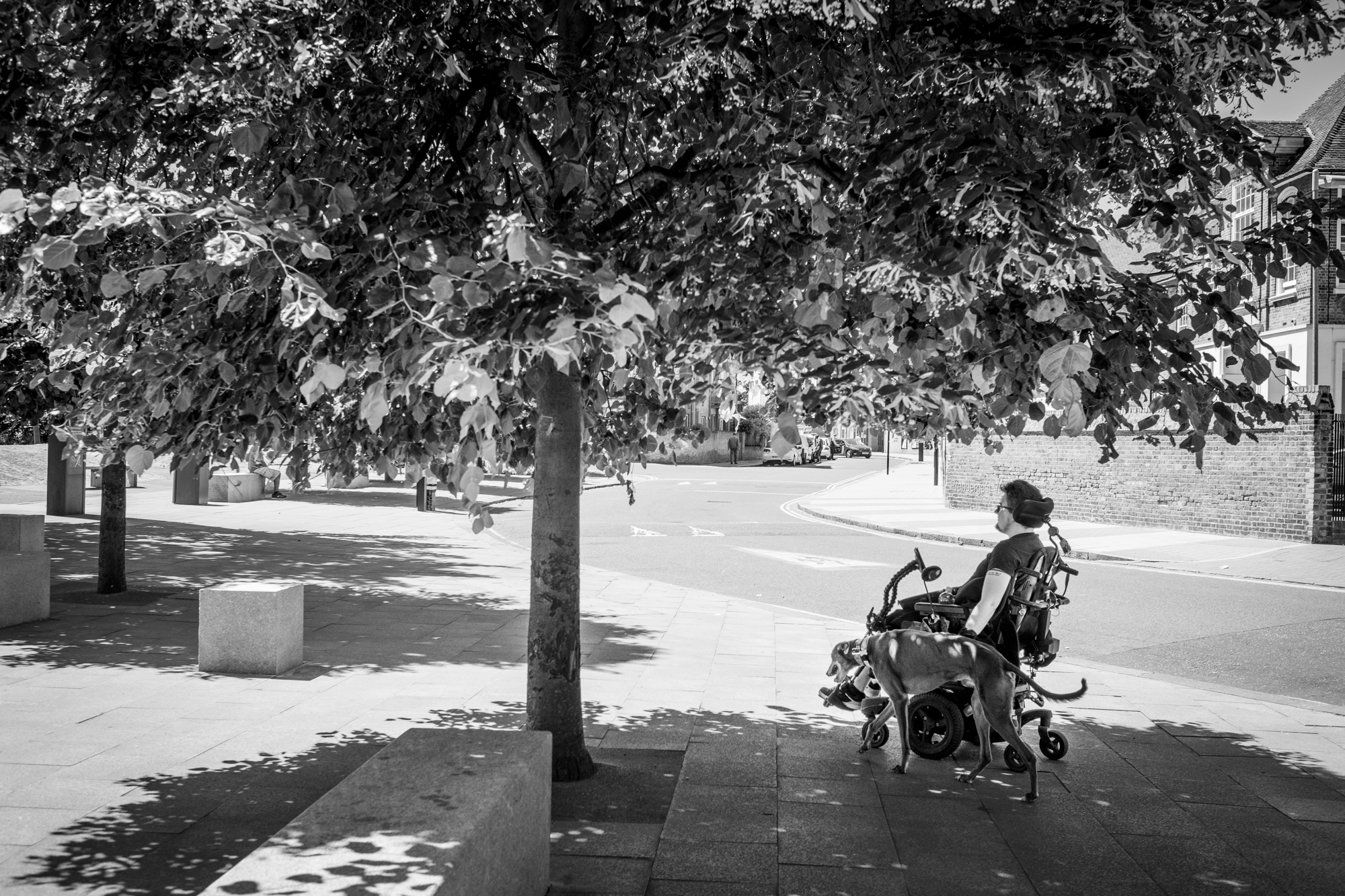These travel tips are central to how I plan and organise my travel. They help me make sure I have everything in place. This means if there are any issues I have a plan to deal with them. This helps me relax while away, because I’ve got everything I need to have prepared in advance.
Many of these tips have emerged from lessons learned on previous trips. One was realising that neither my companion nor myself knew the German for ‘aspiration pneumonia’. Another was arriving in Belgium without a key ventilator part. I learn a new lesson on each trip!
Ultimately they come down to preparation. You need to know what might go wrong – and what you’ll do if it does. This might sound miserable – but I promise – it’s far more miserable to work these things out in a crisis.
What are my top tips?
- Carry a document with your emergency contacts, emergency protocols, key medical information, and contacts for your medical team. You should have this in both English and translated into the local language. Don’t worry if you’re having to use Google Translate for this – just present the English alongside the local language. Many doctors will be able to read English, but may not be able to speak it.
- Make a translated ‘cheat sheet’ of words you might need. These should include things like common problems you might have (e.g. “chest infection”, “aspiration”, or “I fell”. It’s also worth translating useful information like “I am on steroids and have reduced bone density”. This will help you communicate effectively. It’s also worth having the names of things you might unexpectedly need to buy (like “incontinence pads”) on this. It might seem unnecessary when Google Translate exists, but having everything in one place can be really helpful.
- Have good health insurance with cover for hospital admissions, breakdown in your care cover, and Medevac home if required. Make sure you told them your whole medical history so they can’t claim you didn’t disclose something crucial. There are a range of providers that specialise in covering disabled people. I’ve had good luck previously claiming on All Clear. Compare the cost of cover with a range of places, but remember that a hospital admission and Medevac home can be expensive. While the Global Health Insurance Card exists, this (to summarise very broadly) only entitles UK residents to the same public cover that people resident in a country would have. If everyone is obliged to have private health insurance in that country, then it won’t cover very much.
- Make a backup plan for if you get stranded or need to leave. Make sure you’ve got enough money to get home in a hurry if something goes wrong. This could be expensive, but if you notice yourself developing something like a chest infection, you might prefer to get the next flight back so you can see your doctor in the UK.
- Have a backup plan if your key medical equipment breaks (or you forget something) – whether this is a feed pump, a ventilator, or a wheelchair, what will you do if you need it and it’s forgotten or broken? If you’re travelling in the UK you can ship things overnight, but you may need an import license to ship things to Europe. Whether you plan to go home, get a replacement, or would need to go into hospital, research this thoroughly.
- Make sure you’ve got anything crucial transported across multiple bags so that if you lose one, you’re not stranded. Obviously it’s impossible to carry double quantities of everything. My rule is that if I would be in serious trouble within 48 hours without it, I need to take it in two bags.
- Look at connecting with other disabled people in the place where you’re going especially if you speak their language. If something goes wrong, they’re likely to know how to fix it. You could also learn something very interesting from them, and make some new friends. You can even return the favour when they travel to your city.


